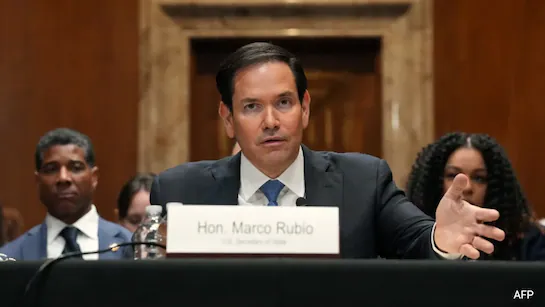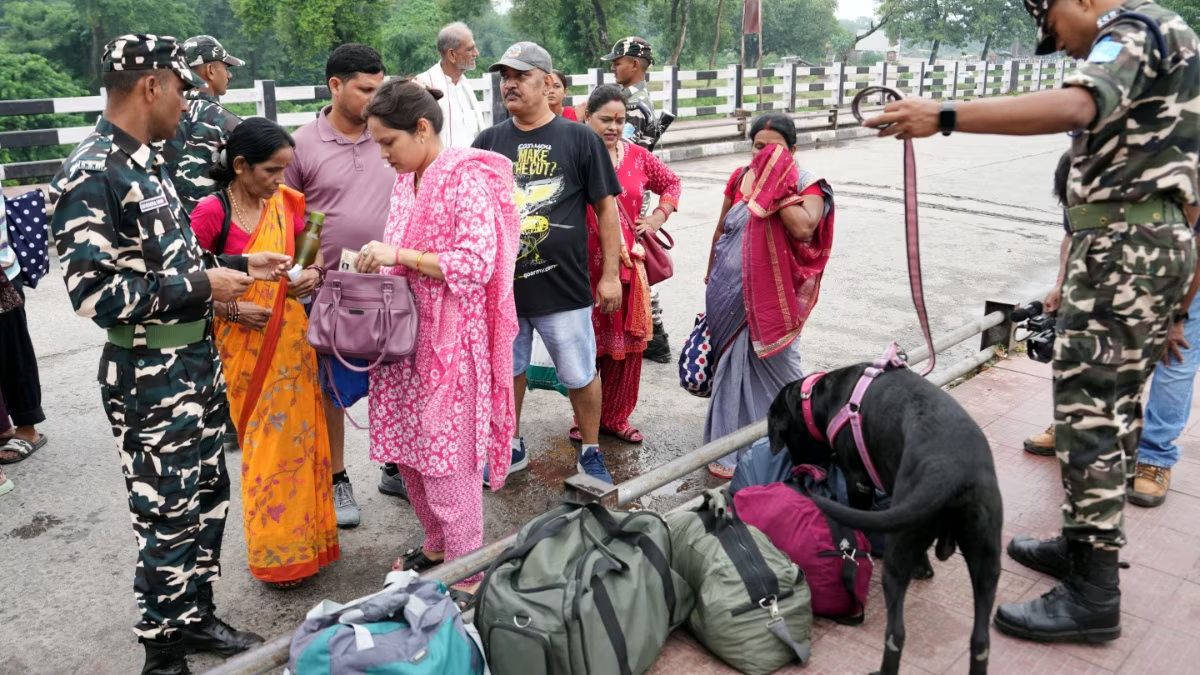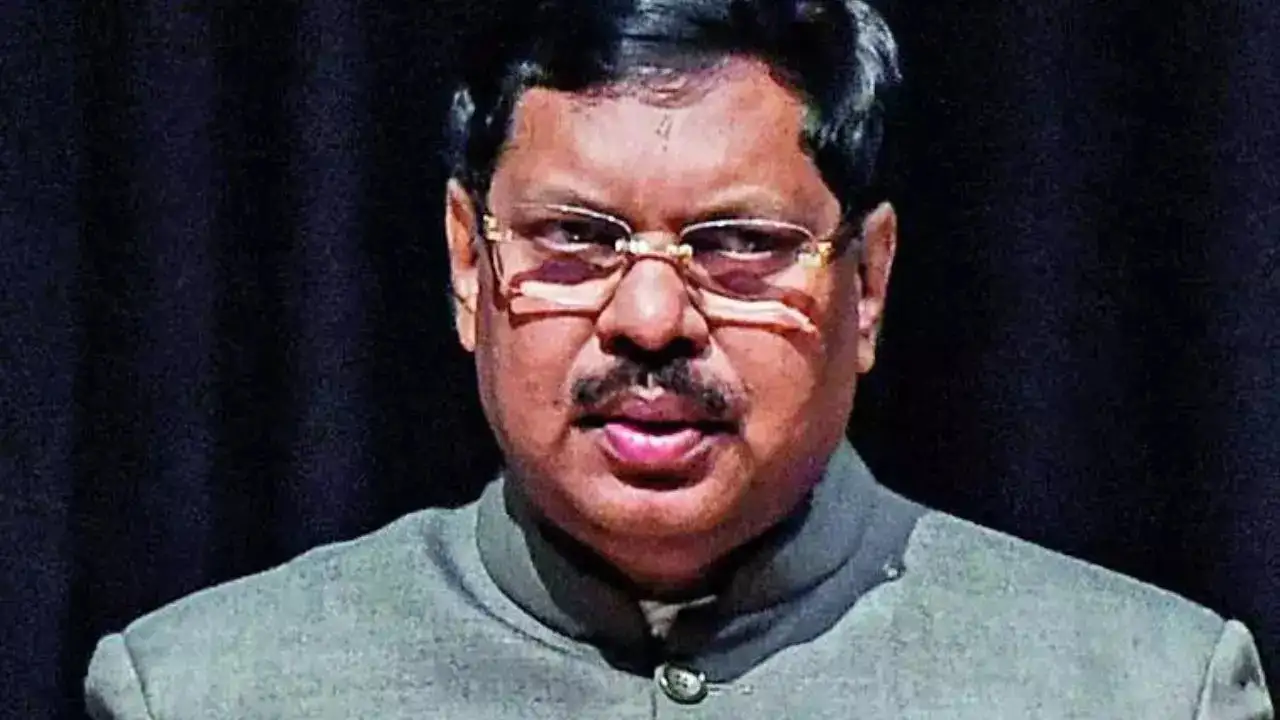Now Reading: India Among America’s Top Relationships, Says US Senator Marco Rubio as Trade Talks Restart
-
01
India Among America’s Top Relationships, Says US Senator Marco Rubio as Trade Talks Restart
India Among America’s Top Relationships, Says US Senator Marco Rubio as Trade Talks Restart

As India and the United States resume formal trade discussions, US Senator Marco Rubio has described New Delhi as one of Washington’s most important relationships. His remarks highlight the growing strategic and economic ties between the two countries. For India, especially businesses and investors in Tier-2 cities, this development signals opportunities in exports, technology partnerships and employment, while also raising questions on how global politics might influence local markets.
Renewed Trade Engagement
Talks between India and the US had slowed in recent years due to differences over tariffs, market access and regulatory barriers. With discussions picking up again, both sides are expected to focus on reducing trade friction, opening up sectors like digital services, pharmaceuticals and agricultural goods, and exploring greater collaboration in manufacturing and clean energy.
Why the US Values India
Marco Rubio’s statement underlines how India’s large market, growing economy and geopolitical importance make it a key partner for America. Beyond trade, India is central to the US strategy in the Indo-Pacific region. Stronger ties are expected to balance regional power dynamics, while also supporting technology and defence cooperation.
Impact on Indian Businesses
For Indian exporters, especially from Tier-2 cities like Surat, Ludhiana or Nagpur, renewed trade talks could mean wider access to US markets. Textile units, IT service firms, and small manufacturing hubs could benefit if tariffs are eased and regulatory pathways are simplified. At the same time, increased competition from American firms entering Indian markets will push local businesses to innovate and upgrade.
Challenges Ahead
While optimism is high, trade talks often move slowly. Sensitive areas like agricultural imports, data privacy rules and intellectual property rights could create hurdles. Political changes in either country can also shift priorities. Experts caution that while long-term gains are likely, short-term progress may be gradual.
What It Means for Ordinary Indians
Better trade relations can open up jobs, lower costs for imported goods and bring new technology. Students and professionals seeking opportunities in the US may also find a friendlier environment as ties deepen. However, outcomes depend on how negotiations unfold and how policies are implemented at the ground level.
Conclusion
Senator Marco Rubio’s remarks reflect how India is firmly positioned as a top partner in America’s foreign policy and trade agenda. For India, especially smaller business hubs and emerging cities, this partnership holds potential for growth, but also demands adaptability in a competitive global market. The coming months of negotiations will determine how both nations turn this goodwill into tangible benefits.

























